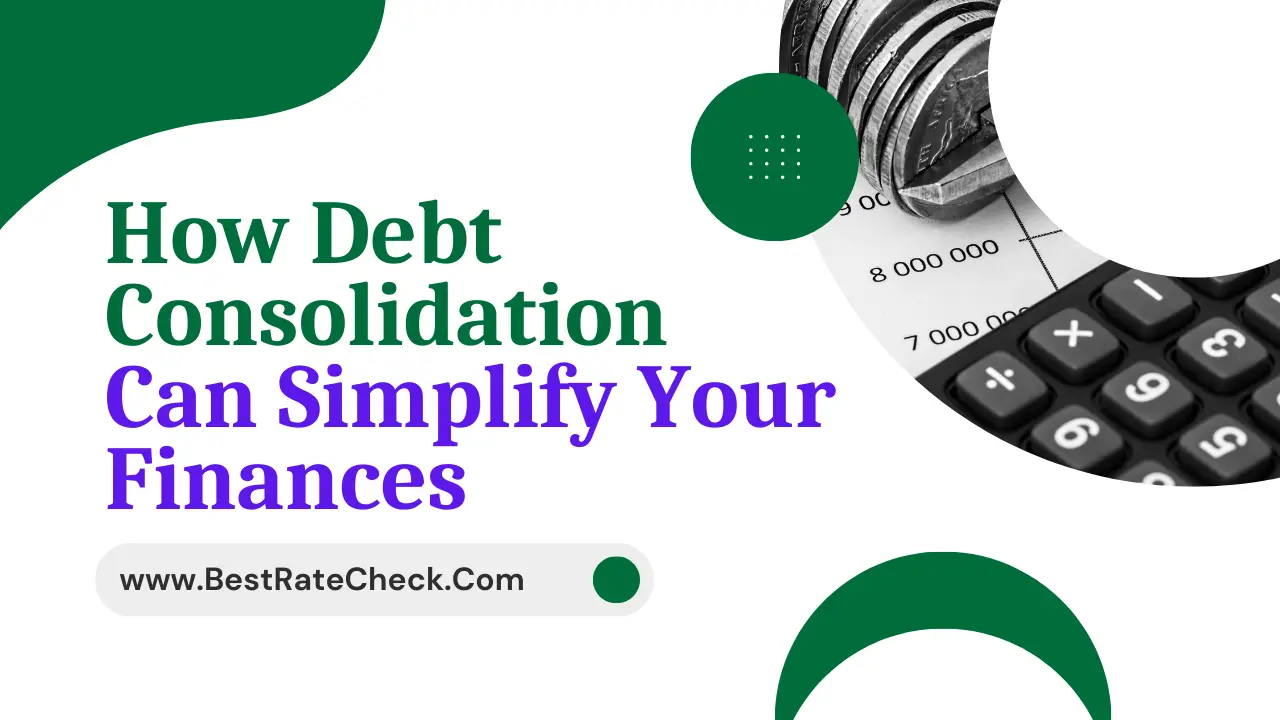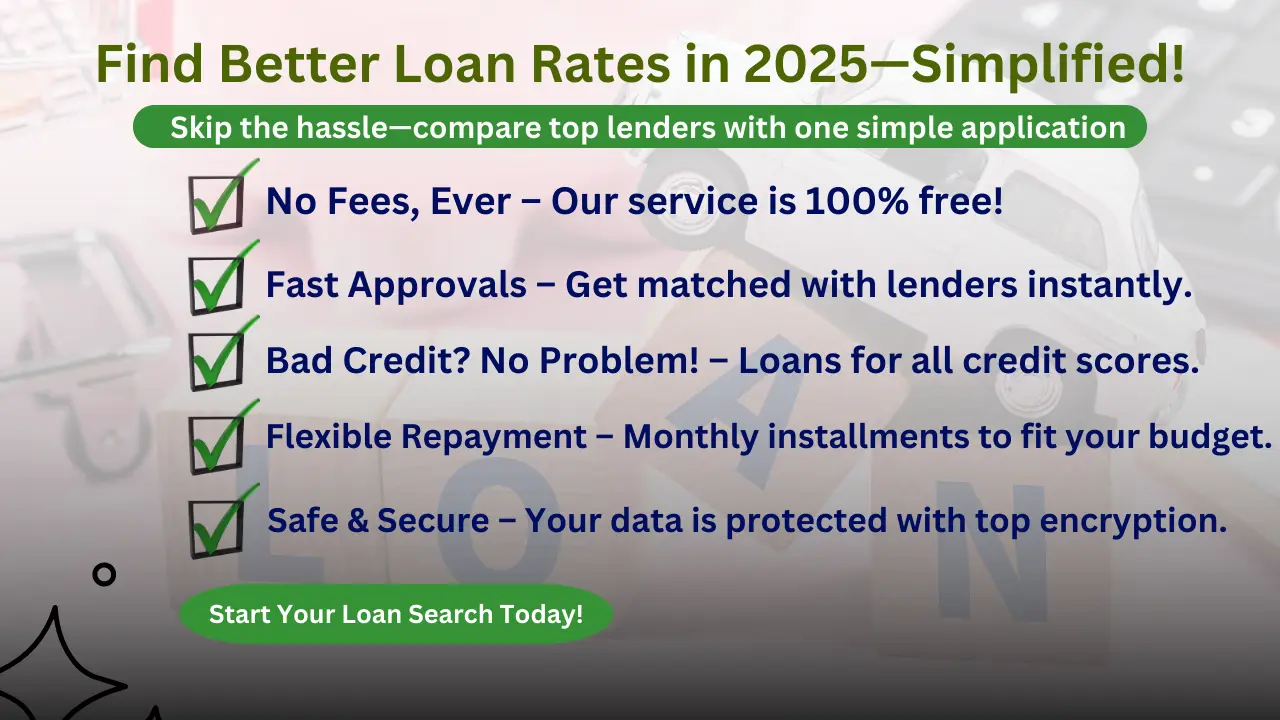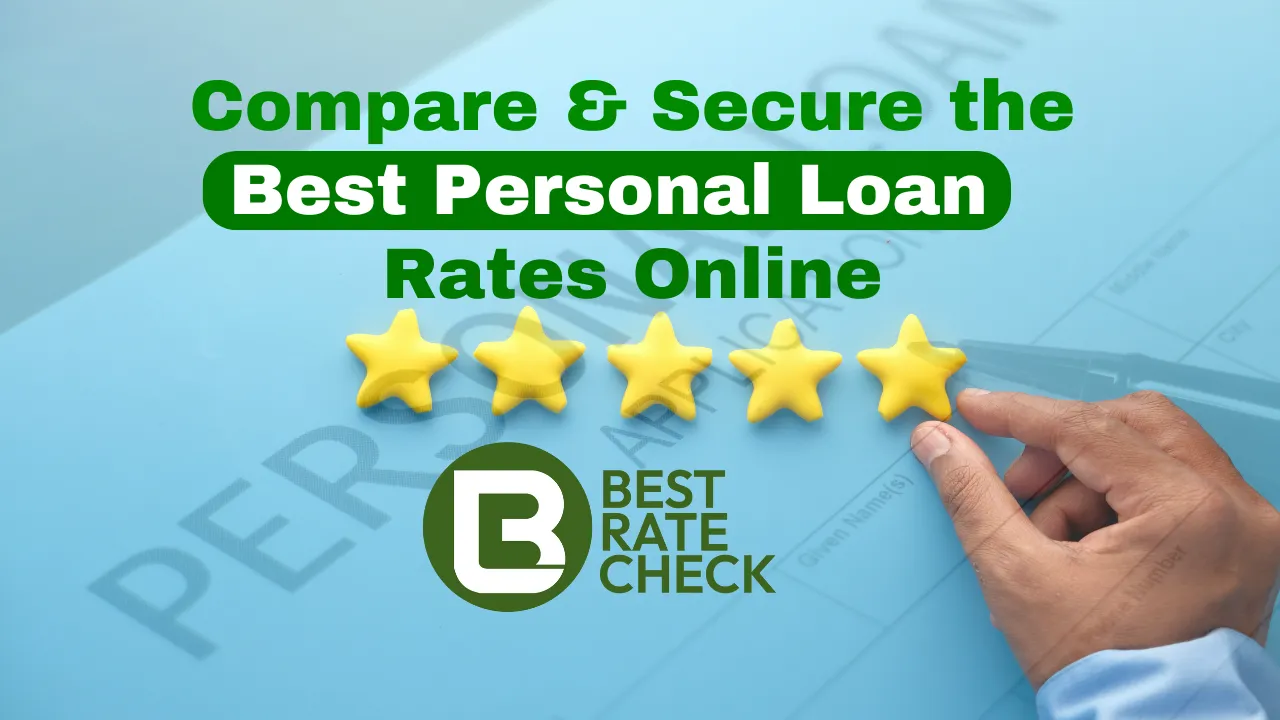Regretting taking out multiple loans? If it helps—you’re not alone. Juggling debt is more common than you think. Will taking a debt consolidation loan solve your problems or just amplify them? There are a few things you need to know to make an informed choice.
You might be finding it hard to fall asleep at night, or spending quality time with your family because of this constant pressure. Sure, loans are a great financial tool. But it is also true that if mishandled, they put you into a cycle of monetary struggle.
According to The Motley Fool, on an average, each American household holds $105,056 in unsecured debt. This amount may be small for some but significant for others, depending on the interest rates of the loans and the income of an individual.
In this complete guide, we have explored how debt consolidation works in detail, whether it is the right choice for you, best possible options, and other safer alternatives.
How Does Debt Consolidation Work?
Debt consolidation refers to combining all your existing debts into a single loan at a potentially lower interest rate. You can pay off all your debts using this loan and later repay the loan in monthly “installments” over a set term, which usually ranges from 12 to 84 months.
This way, you won’t have to worry about managing the payments of multiple loans together (which we even forget to make at times, causing late fees/penalties). Debt consolidation loans simplify your finances and reduce the total interest you’re paying over time.
Is Debt Consolidation a Good Idea?
Of course, there is no one-size-fits-all, but consolidating your debts is generally considered a wise move—especially if it’s getting hard to keep track of them simultaneously. Some people find it sensible to do this when it comes to managing high-interest debts (like credit card bills and personal loans). However, there are some prerequisites to making this work:
- You must qualify for a low interest rate for your new loan, compared to what you’re currently paying in interest for all debt combined.
- The upfront fees and monthly payments should align with your budget.
- Also ask yourself: Will I be able to handle this new debt responsibly?
Low interest debt consolidation, affordable upfront fees, and having the capacity to handle the new loan—these things are extremely important. If so, taking a debt consolidation loan is worth it. You’ll be able to pay off your loans faster. And, you may even fulfill your long-term savings goals.
But—if you’re rushing into this, by not checking whether this new loan is going to cost you more than all your debts, don’t do it. You’ll just end up digging yourself a deeper hole!
Pros & Cons of Debt Consolidation
Let’s be honest, no loan option comes completely without risks. As we mentioned above, if you’re searching for a loan there are some bare-minimums that make it profitable.
The only point is, consolidating debt is good—if you can find good rates and terms. And they differ based on the lender and your profile. When taking a debt consolidation loan with bad credit, you might be offered risky terms.
It is still possible to sort through and find beneficial terms even with terrible credit but you’ll need to research, be persistent, and not lose hope. Here are some pros and cons of debt consolidation to understand before you make a decision:
What is the Smartest Way to Consolidate Debt?
There are several types of debt consolidation options. Depending on your financial situation, one may be better for you than the other.
Personal Loans for Debt Consolidation
Personal loans are unsecured loans, meaning you don’t require collateral to get them. For those who have an excellent credit score, getting an online debt consolidation loan might be the perfect way to go. You can get lower interest rates, flexible terms, and predictable monthly payments.
Balance Transfer Credit Cards
Again, if you have excellent credit this is another great option for low interest debt consolidation. Typically, a credit score of 690 or higher is okay. A balance transfer credit card often gives you 0% introductory APR period. This will last anywhere between 15 and 21 months.
Transferring your high-interest credit card balances to this new card can be a tempting deal. You’ll save money on interest and the repayment periods are long enough to pay off comfortably.
Home Equity Loans or Lines of Credit (HELOC)
Homeowner? If you have significant equity in your home, you may borrow against it. The interest rates for these loans are even lower than personal loans and credit cards. That’s because you’re offering collateral. But, there is risk of foreclosure (losing your home) if you fail to repay the loan.
Debt Management Plans (DMP)
Through a DMP, you can work with a credit counseling agency and try negotiating lower interest rates with your creditors. You may also request a more structured repayment plan which is easy to take charge of. This is one way to reduce the total amount you owe and gain financial education.
Peer-to-Peer Lending (P2P)
This is a newly rising option in the way people borrow money. Instead of a traditional financial institution, you may borrow from individual investors. Sometimes, the interest rates are really competitive and terms are also flexible.
However, it is always essential to review the terms carefully and understand the associated fees before you apply.
Should I Consolidate $5000 Debt?
Even if your total debt is only $5,000, consolidating it can be beneficial. This is specifically true for when you’re paying high interest for multiple loans. With time this can just deplete your potential savings and you’ll end up paying more than you need to.
If you are able to manage your current payments, then there’s no issue. You can continue paying off using strategies like “snowball” and “debt-avalanche” methods. For when you do decide to consolidate, compare different lenders to find the best interest rate and terms.
Can I Use a Personal Loan for Debt Consolidation?
Using a personal loan for consolidating debt is not only preferred, it is better for your financial health. Most people use unsecured personal loans for debt consolidation. You can merge credit card debt, auto loans, or other personal loans for simplified monthly payments.
Each month, you’ll have only one monthly bill—lower than what you were previously paying in total. As a precaution, avoid taking out any other loan before you have paid off this consolidation loan. Make sure that you’re finding a lower rate than the debt you’re repaying right now.
What Are the Best Debt Consolidation Loans?
In the present market, debt consolidation loan rates are ranging from 6 to 36 percent.
We have mentioned some lenders below and the top debt consolidation loans you can get online. But before that, we’d like you to know that you don’t need to apply with each of them individually. The process is cumbersome with documentation processes you don’t need to go through.
Instead, just fill up a short application form with Best Rate Check. We connect you to the best, most trusted lenders where you can get loans for debt consolidation at the lowest interest rates. The lenders we choose have minimal requirements, no credit checks, and flexible repayment terms.
Even if you have a poor score, you’ll still find guaranteed debt consolidation loans for bad credit instantly with the following lenders and more:
| Lender / Loan | Key Features | Rate / APR | Additional Info |
| LightStream Personal Loan | Low rates for excellent credit; High income required | Below 7% for qualified borrowers | Best for borrowers with excellent credit |
| Sofi Personal Loan | Competitive rates; Quick funding | 8.99% to 11.99% (for good credit) | Ideal for borrowers with good credit |
| Wells Fargo Personal Loan | Competitive rates; Offers a 0.25% autopay discount | - | Discount applies when payments are made from a Wells Fargo account |
| Achieve Personal Loan | Wide range of discounts (retirement savings, debt consolidation, co-borrower options); Good for fair credit | 8.99% to 35.99% | Multiple discount opportunities |
| Discover Personal Loan | Fixed rate consolidation; Consolidates multiple debts into one loan | Varies (depends on creditworthiness) | Exact rate based on individual factors |
| Happy Money Payoff Loan | Specializes in consolidating high-interest credit card debt | Lower than national credit card APR | Tailored for credit card debt consolidation |
| Bank of America | Low fees; High credit lines (up to $1M); Discounts for existing customers | - | No application, annual, origination, or prepayment fees |
| Truist Bank | Offers a HELOC with flexible payment options and high credit lines | - | Also a solid option for debt consolidation |
Should I Consolidate Credit Card Debt?
Credit card debt consolidation is the most common practice. In fact, your card balances come with bills you need to pay off immediately. If the interest rates are like water above your neck, waiting to handle it by yourself might be a bad idea.
What is a 401k Loan? Should I Use it to Pay Off Debt?
401k loans allow you to borrow money from your retirement savings. You can use it to pay off your debts, sure. The interest rates are usually lower than traditional loan options. And, repayment can be done within 5 years (25 years if you’re using the loan to purchase a home).
But whether you should do it or not is another question altogether. When you’re considering this option, there are a few consequences to keep in mind:
- If you leave your job, you need to repay within 2-3 months.
- If you cannot repay, the amount is treated as “distribution”.
- Distributions are subject to income tax and a 10% penalty (if you’re under 60).
- You may lose investment-related gains and employer matching contributions.
Does Debt Consolidation Hurt Credit Score?
There are positives and negatives when it comes to consolidating debt. Your credit score will take a small dip when you take the loan, due to hard inquiry. Some lenders may make a soft inquiry instead (which doesn’t affect your credit score).
Additionally, opening a new account reduces the average age of your credit accounts. This affects your credit history too. However, if you’re making payments on-time, you’ll see the score increase. If you’ve combined high-interest debts, your credit utilization also decreases, causing your score to increase. So it’s not the loan itself, but how you handle it that affects credit.
How Long Does Debt Consolidation Stay on Record?
If you’re making payments regularly, a debt consolidation loan will stay on your credit report for the duration of the loan. If not, it reflects on your credit history for up to 7 years. The same is true with other debt management solutions like “debt settlement”.
In Summary
Debt consolidation loans are a way to combine all of your existing debts into a single loan. This helps with managing multiple payments, and lowering the total interest you pay over time. When handled carefully, it helps you save on interest significantly.
Usually, high-interest debts like credit card bills are consolidated. You can use personal loans from online lenders to consolidate your debts into a single monthly payment. Researching lenders and choosing the lowest interest rate is the key for financial wellbeing.
Resources & Further Reading
Non-profit debt consolidation—NFCC and Incharge
Frequently Asked Questions
Someone with a good credit score will easily qualify for a debt consolidation loan. That isn’t to say that if you have bad credit you don’t have options. Some lenders do cater to people with average or poor scores. But you’ll need to have a stable income, low debt-to-income ratio, or bring a cosigner who has strong credit.
You can consolidate credit card bills, personal loans, or medical bills. Student loans and secured debts like mortgages cannot be consolidated with another loan.
There may be some lenders who charge hidden fees for debt consolidation loans. It is therefore important to be careful and read all documents carefully before signing them.
First of all, compare the interest rates, fees, and repayment terms. Look at whether the loan is secured or unsecured. Get multiple quotes before choosing a loan. Alternatively, you can also consider a financial advisor if your situation is critical.



